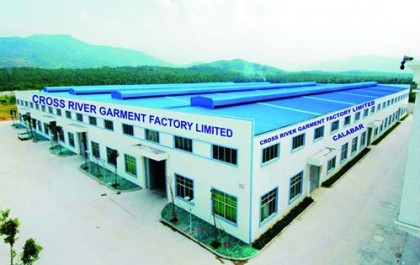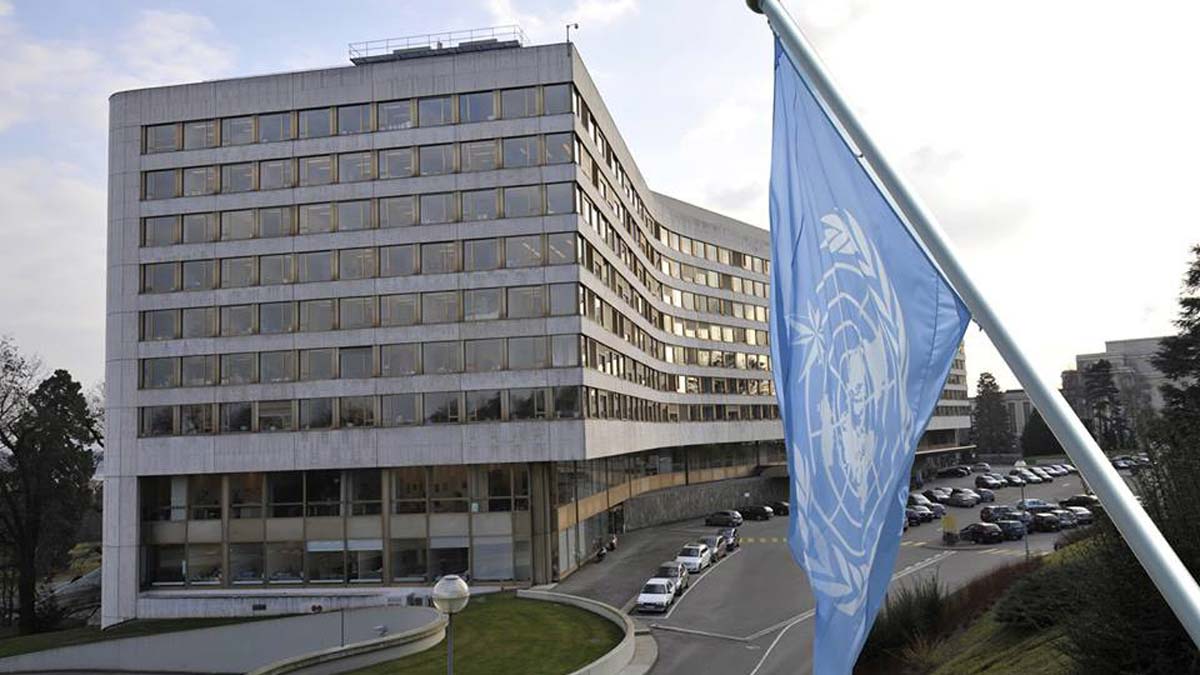The Director General of Lagos Chambers of Commerce and Industry (LCCI), Mr. Muda Yusuf has decried the negative multiplier effects of the recent inclusion of textile and allied materials in the growing list of 44 items under official restriction on foreign exchange.
In a statement made available to our correspondent in Lagos, LCCI averred that “Given the import of textiles sector in the country’s economic value chain, the players should be accorded requisite premium, while policy makers take into account the full ramifications of the consequences of policies and collateral outcomes.
“Today Nigeria is clearly the leader in Africa as far as the fashion industry is concerned. Currently the range of fabrics produced by the Nigerian textile industry cannot support the fashion industry in terms of the quantity and quality. This vibrant industry should not be sacrificed on the altar of textile industry regeneration
“This submission is not to diminish the importance of textile industries in any way or the significance of industrialization. It is to underscore the importance of a strategic approach to industrialisation,’’ he added
LCCI also called on the government to strengthen the capacity of domestic industries, enhance their competitiveness, and reduce their import dependence as espoused in the Nigeria Industrial Revolution Plan (NIRP).
Continuing, Yusuf argued that the consistent collapse in power stability must be fixed to save the textile sector from the excruciating burden of high operating and production cost.
He added that “The spirit of the executive order of the President, all uniforms of military and paramilitary institutions should be made from Nigeria produced textiles. This is a low hanging fruit that could be explored while the issue of high production cost is being addressed.
“Compelling the citizens to pay exorbitantly for systemic inefficiency is not an appropriate policy option. Such disposition imposes high welfare cost on the citizens, promotes unethical practices in the economy, promotes the growth of underground economy, leads to loss of revenue to government, and results in job losses. It is an economic management model that is repressive and not sustainable.
Rolling out further palliatives to drive textile backward integration, Yusuf said robust incentives and concessions should be made available to our industrialists and the plan for creation of special economic zones in the six geopolitical zones in the country is a step in the right direction.









